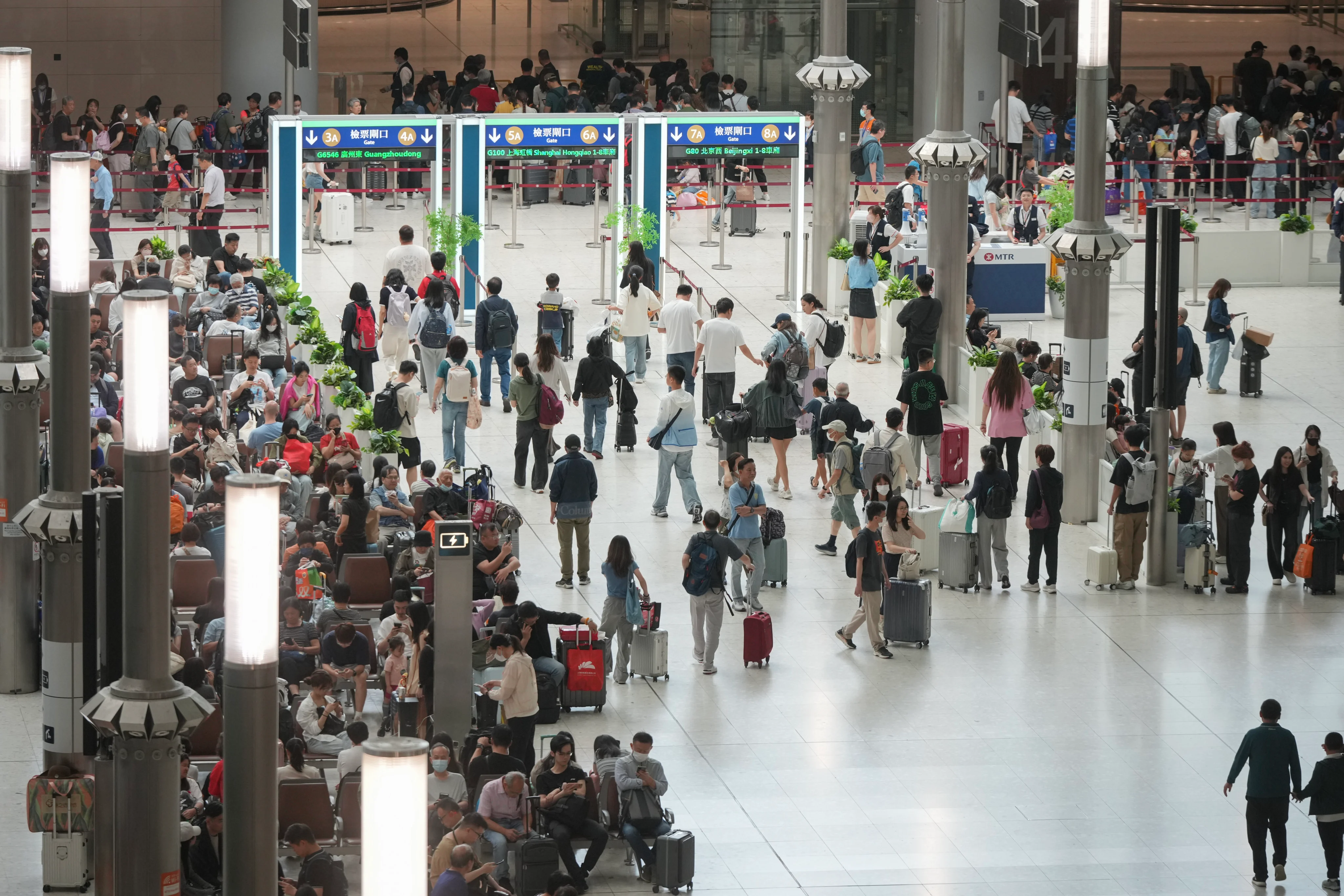By Enoch Yiu
Copyright scmp

Prudential Hong Kong will expand healthcare partnerships and explore more use of artificial intelligence to capture growing opportunities from people crossing the border – in both directions – for medical treatment, according to its top boss.
The insurer handled more than 2,200 cross-border hospital claims in the first half of this year, according to Lawrence Lam, CEO of Prudential Hong Kong. Such claims represented 30 per cent of the total, up from 26 per cent a year earlier.
“We have seen an increasing trend of Hong Kong customers preferring to get medical treatment in the mainland hospitals in the Greater Bay Area for their lower costs,” he said in a media briefing on Tuesday.
The Greater Bay Area is a project Beijing rolled out in 2019 to integrate Hong Kong, Macau and nine mainland cities in China’s southern Guangdong province into an economic powerhouse. Many Hong Kong people now opt for retirement and medical care in the bay area. However, Lam said the trend was not one-way.
“Many mainlanders also like to come to Hong Kong to get treatment from the well-known hospitals in the city,” he said.
In a Prudential survey in the second quarter, 76 per cent of mainland respondents planned to visit Hong Kong within the next 12 months. Among them, 55 per cent planned to buy critical illness insurance while in the city, 40 per cent planned to get medical coverage and 45 per cent planned to purchase savings products.
“The survey result showed there is a strong demand for mainlanders to get healthcare-related insurance products in Hong Kong,” Lam said. “We will offer more medical products to meet their demand.”
About 23.6 million travellers visited Hong Kong in the first half, a 12 per cent increase from the previous year, according to the Hong Kong Tourism Board. About 74 per cent came from the mainland.
Visitors from mainland China spent HK$62.8 billion (US$8 billion) on life and medical policies last year, representing about 29 per cent of all industry sales, according to data compiled by the Insurance Authority.
To better serve Hongkongers travelling to the mainland for medical care, Prudential planned to expand partnerships with high-quality hospitals and clinics, Lam said. At present, policyholders of Prudential’s PremierFlex Medical Plan can access over 14,000 hospitals in the mainland.
Prudential, which is headquartered in London but has its business focus in Asia and Africa, joins rivals such as Manulife and FWD, which are offering cross-border healthcare products to match the trend. Hong Kong Chief Executive John Lee Ka-chiu encouraged the creation of more products related to cross-boundary elderly care, medical care and driving in his policy address last month.
The adoption of AI would help Prudential offer cross-border medical insurance services, as the technology could help speed up claims, prevent fraud and enhance customer service, Lam said.
Prudential is among seven major insurers in Hong Kong that signed a pledge in August to join a Hong Kong Insurance Authority initiative promoting the use of AI in the sector.
Lam said the firm’s investment in AI would not affect its recruitment plan, as it still planned to hire about 5,000 agents this year, similar to last year. The insurer has more than 20,000 agents, one of the largest sales teams in the city.
“AI is not going to replace the work of humans, and it is also now a separate business,” he said. “The adoption of AI is for our overall business development, as it can enhance our agents’ productivity by helping them to offer information and choose suitable products for the customers.”



